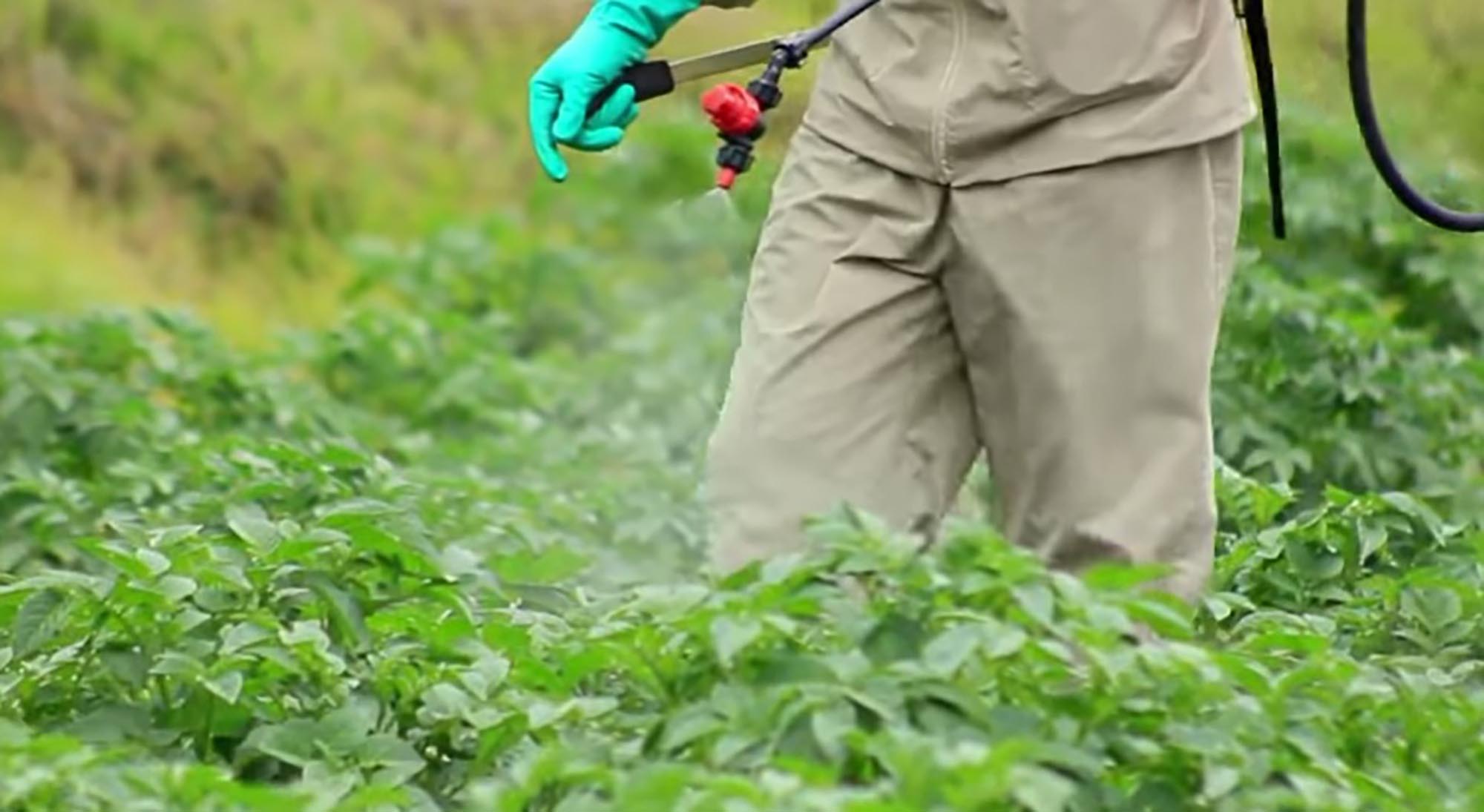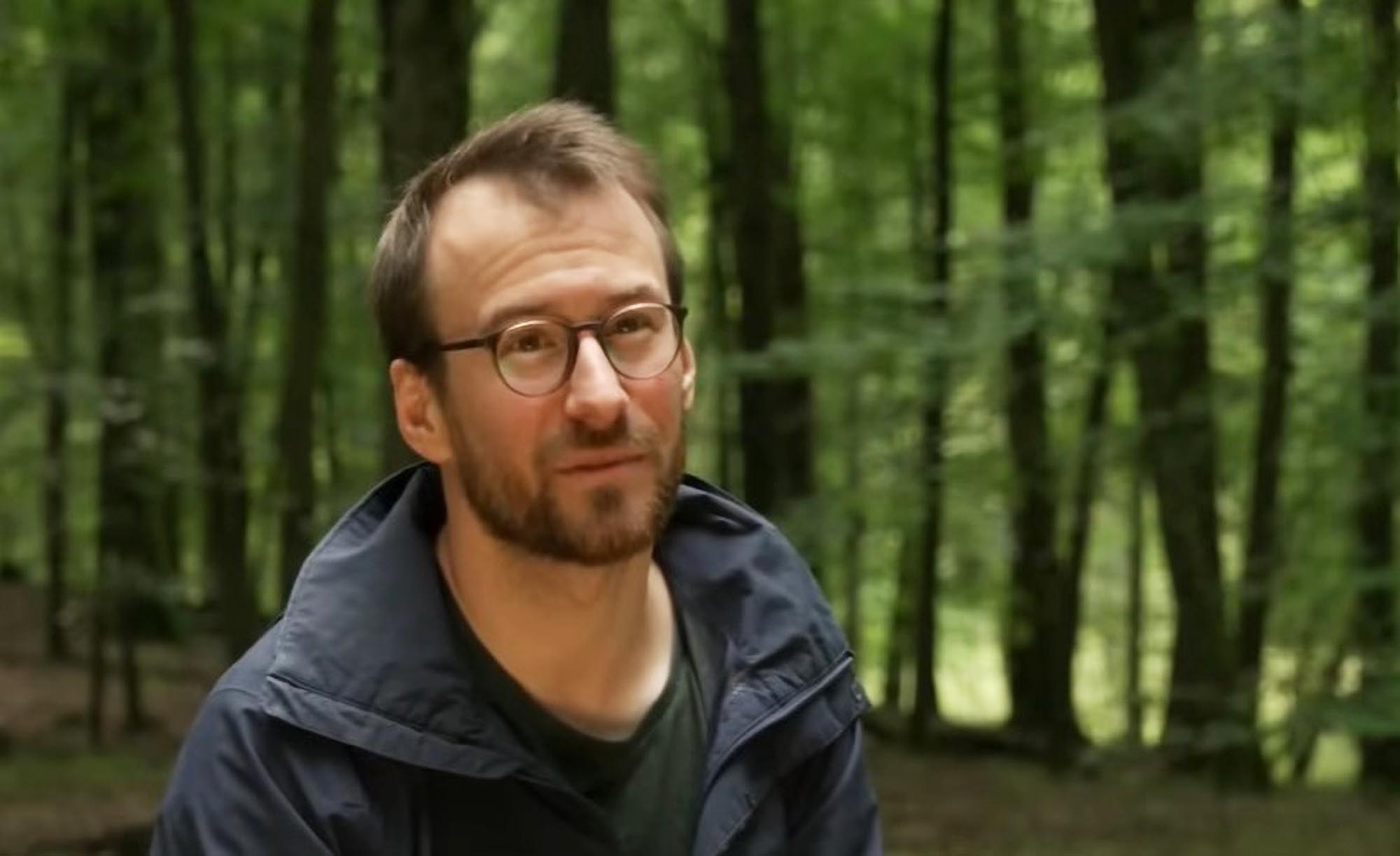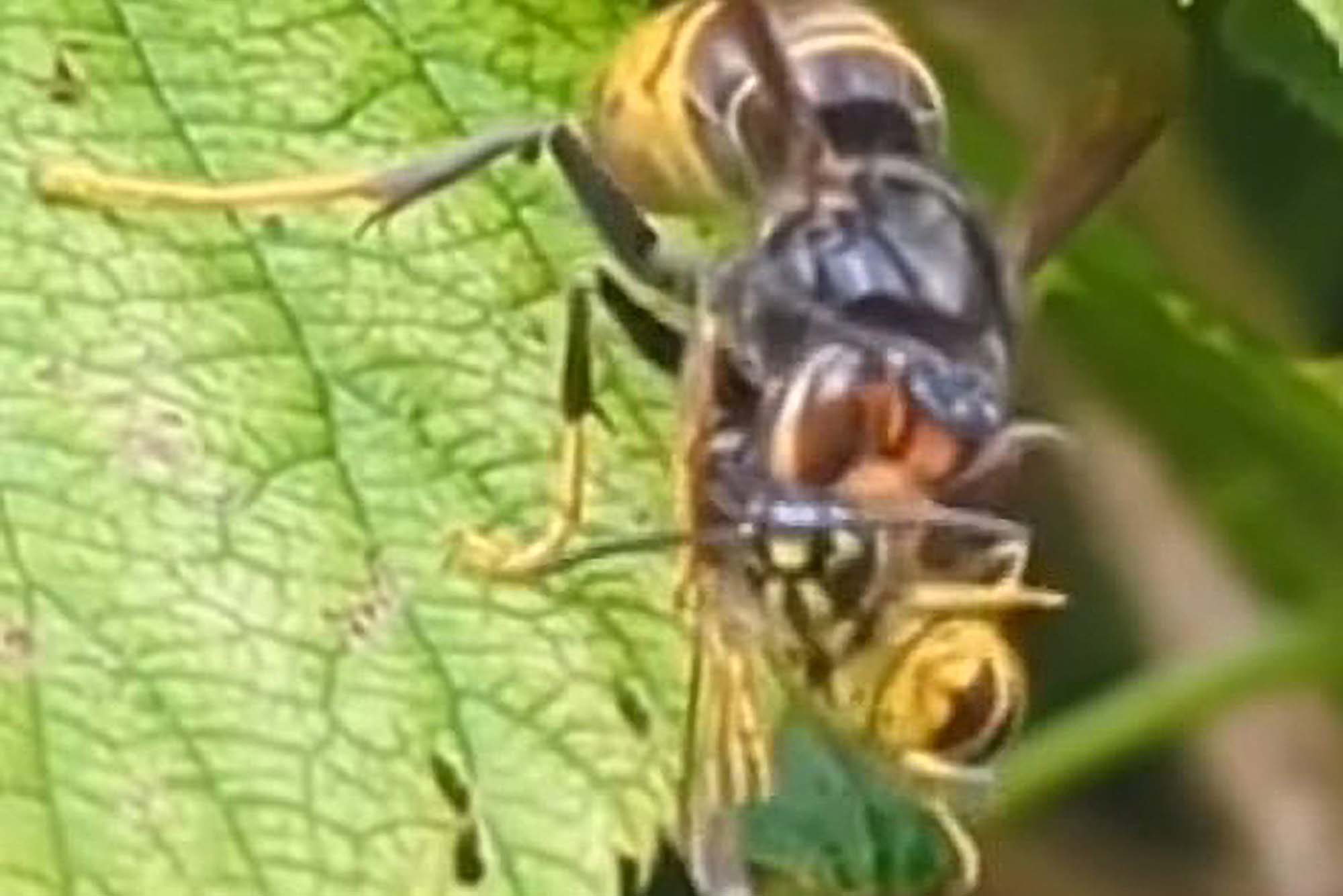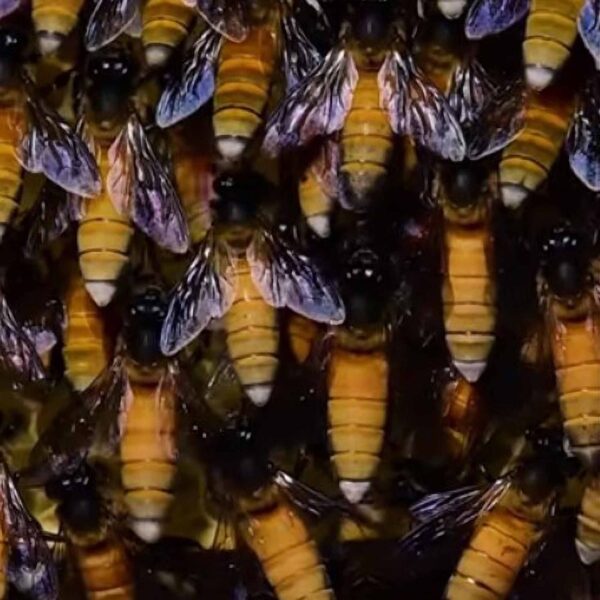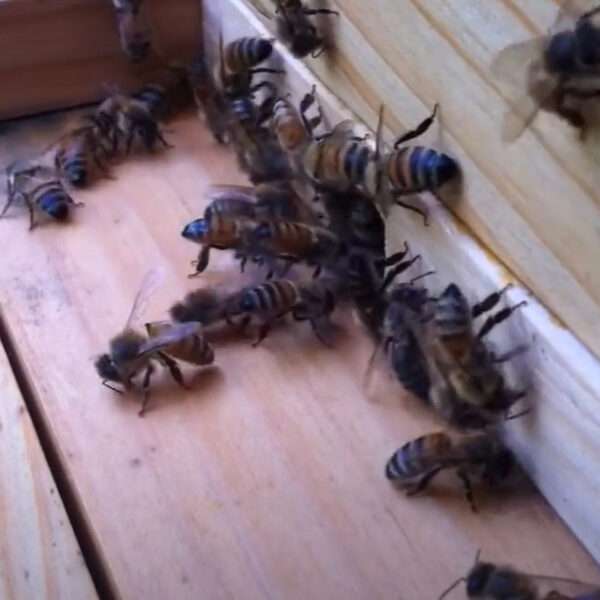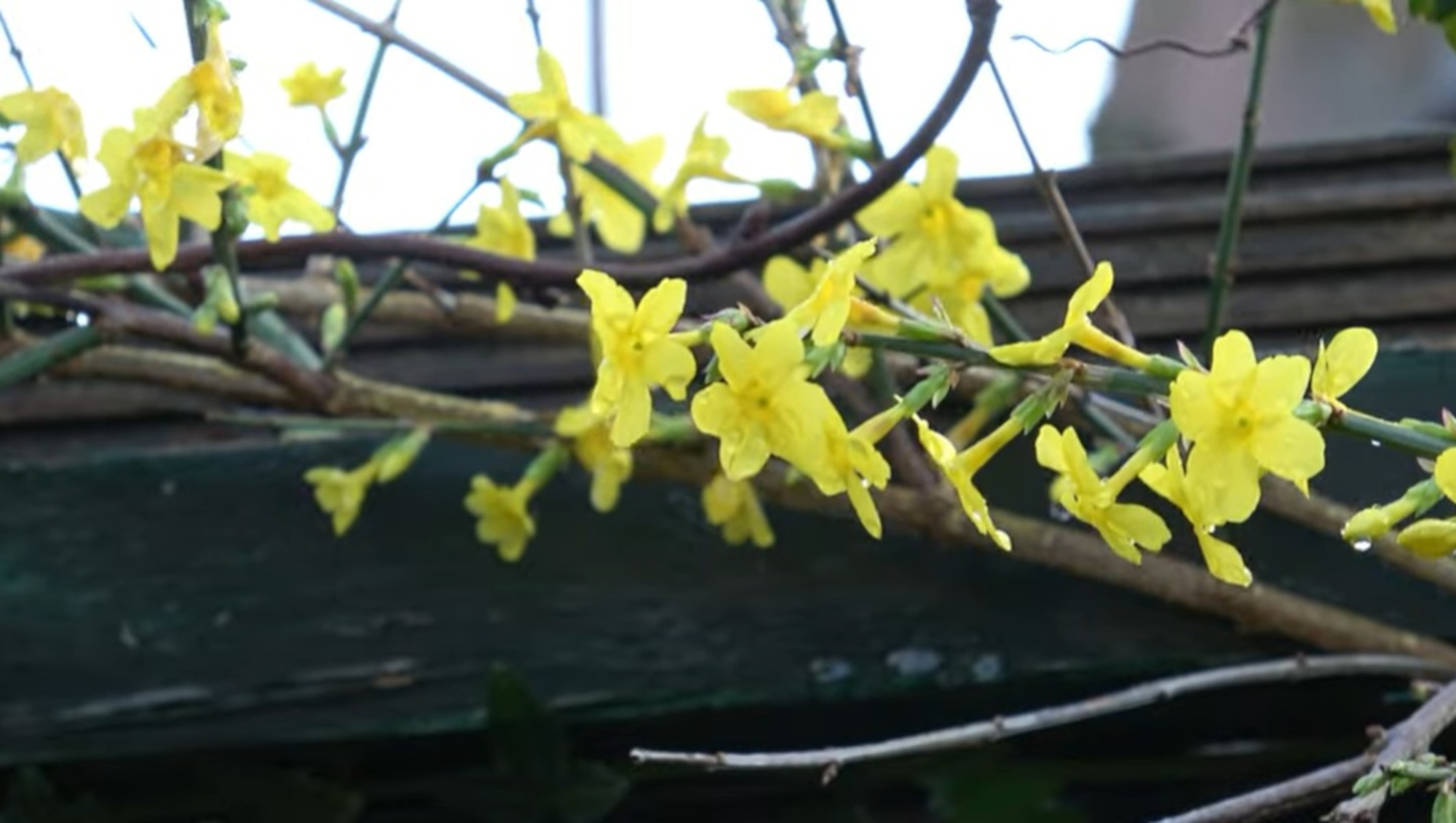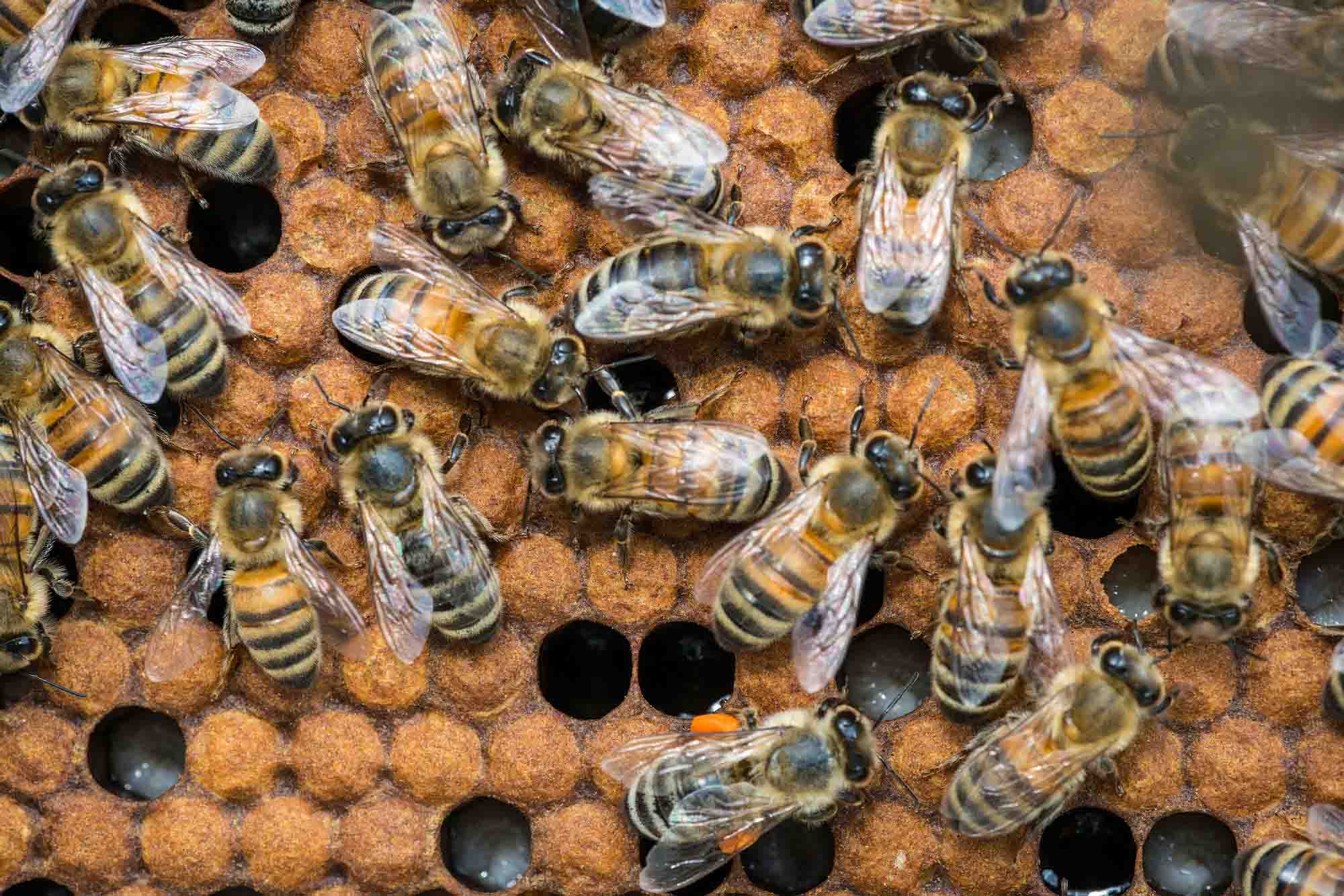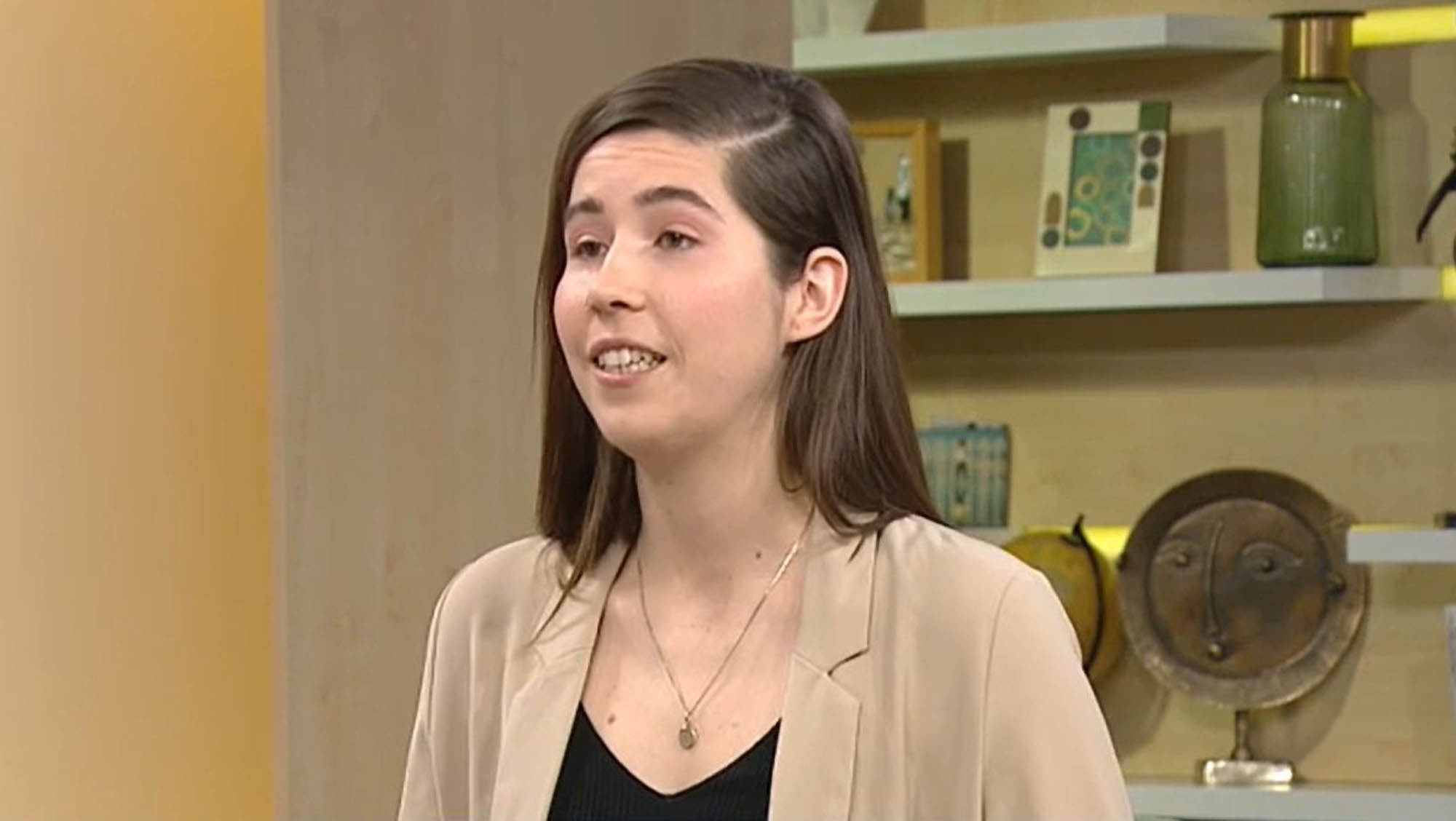A chemical substance that has been banned by the EU due to its detrimental effect on bumblebees could be less harmful than previously estimated, according to a study by scientists in Ireland and Britain.
In their tests, researchers from the University of Reading, London’s Royal Holloway and Trinity College Dublin could not determine any injurious effect of sulfoxaflor on bumblebees.
Within the European Union, sulfoxaflor must not be applied outdoors since April 2022 over fears that exposure to this insecticide reduced the number of eggs bumblebees would lay.
The latest study revealed that exposure to sulfoxaflor had no impact on any of the involved buff-tailed bumblebee colonies. The pollination of a nearby bean flower plantation was not affected either.
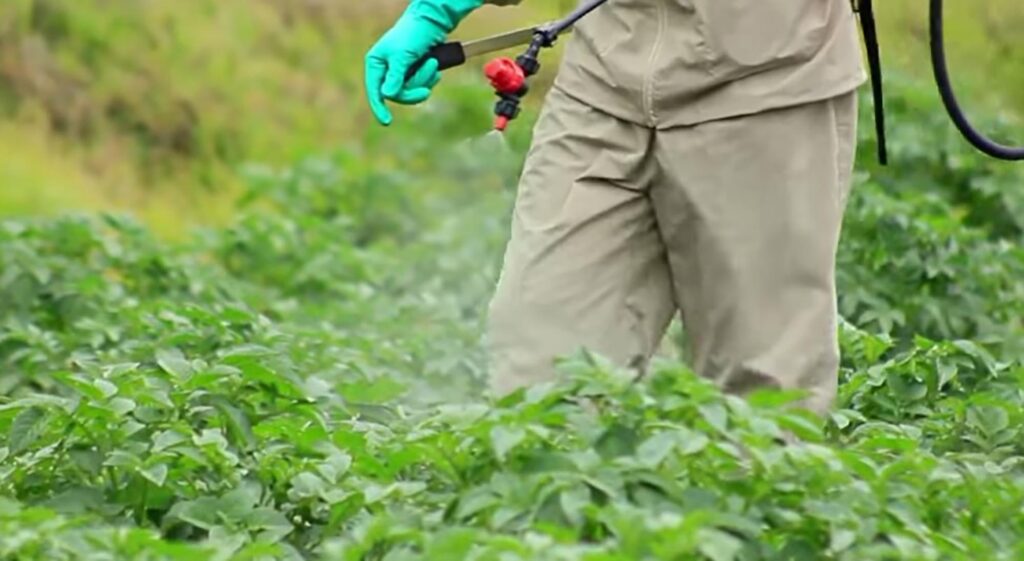
Edward Straw is a bee ecologist at Trinity College Dublin. He said: “This changes our understanding of how sulfoxaflor impacts bee reproduction and pollination and means it is less harmful than the neonicotinoids.”
Edward confirmed that sulfoxaflor appeared to be “slightly less potent.”
However, the researcher warned: “There isn’t a trend of evidence coming out suggesting that this substance should be re-authorised by the EU for outdoor use.”
Elli Leadbeater from the Royal Holloway’s Centre for Ecology, Evolution and Behaviour added: “The evidence suggests that sulfoxaflor may not be quite as bad as some of the banned neonicotinoids.”
In an attempt to put the findings into perspective, Elli explained: “This is a very widely used global insecticide. However, it is not right to make a judgement on its safety for bees here because you cannot capture the complexity of ecological systems in one small study.”
Sulfoxaflor, which is a neurotoxin that damages insects’ nerve tissue, is popular with farmers in many non-EU countries for its anti-pest facilities.
Bumblebees are social insects and highly active pollinators. There are more than 250 species of bumblebees in the world.

